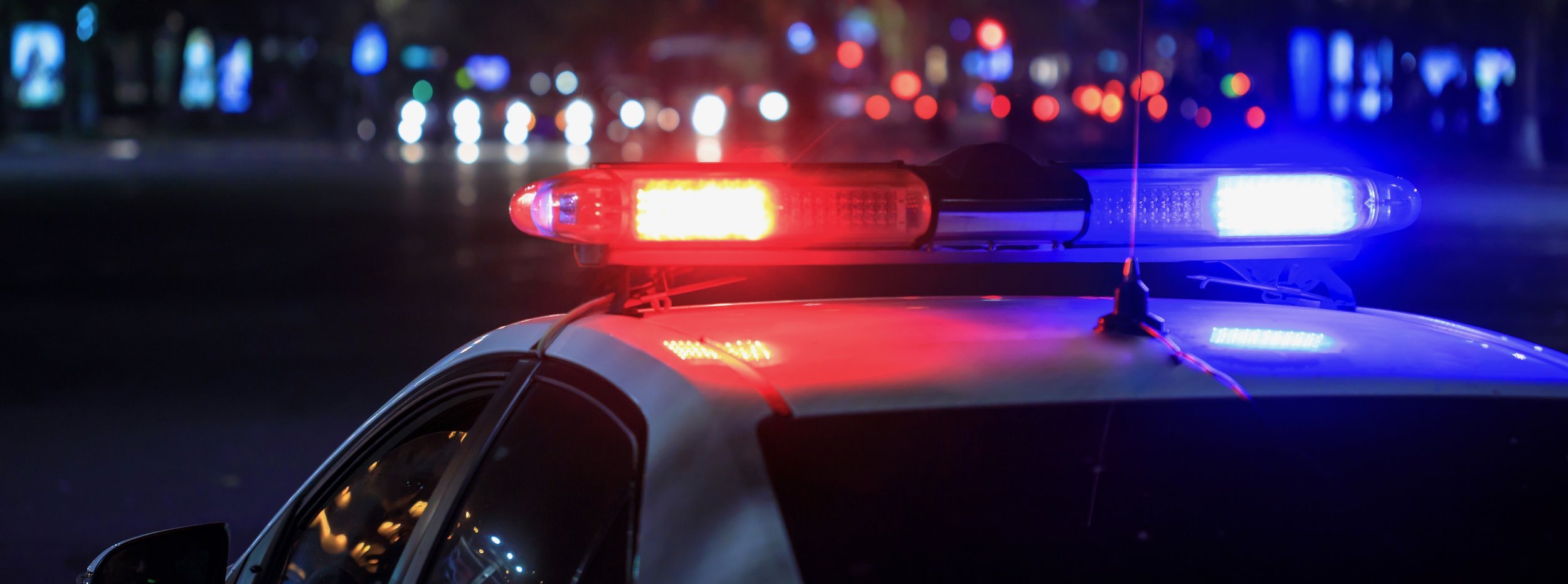Policing Culture
In this section, we explore police culture, an amalgam of historical and societal forces, that plays a pivotal role in shaping policing practices. This role will only increase in the future. Policing’s inherent camaraderie and service ethos can lay the groundwork for officers who are better integrated within communities, with greater trust placed in them by residents. If police culture can harness these positive aspects as the building blocks for change, then officers could become less enforcers and more guardians of the community. They can transform from law enforcement officer to peace officers (as most states currently legislate).
As we look to the future, challenges in present police culture such as resistance to change, "us vs. them" thinking, the "blue wall of silence", militarization tendencies and persistent biases must be thoroughly addressed. If left unaddressed they could exacerbate disconnections between police and public in an increasingly interconnected and transparent society; but facing these head on could result in a renewal of community-oriented policing that builds trust between all involved parties.
To ensure a brighter future for police culture, organizational strategy must include both maintaining and strengthening positive aspects while actively dismantling barriers to reform. Society's changing landscape, driven by technological advancements and demands for transparency and equity, presents both challenges and opportunities; by encouraging cooperation between police departments and the communities they protect, and taking advantage of technological and sociological tools, we can envision a future where policing evolves in tandem with society's expectations and needs.

The Perception of Defiance in Policing: Causes, Problems and Solutions
Why the perception of defiance is problematic in policing.

